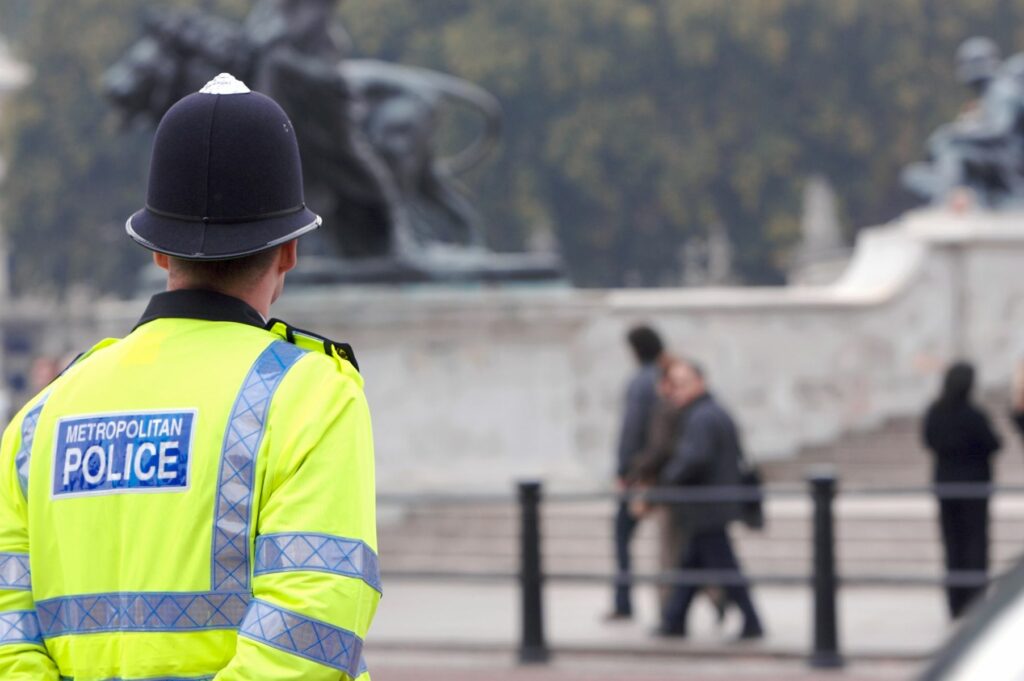Stop and search has been cited as a vital tool against London’s violent crime epidemic. On Monday a furore erupted following reports that the police were trying to remove a fundamental safeguard built into the stop and search power: the requirement for reasonable suspicion.
What powers do the police have to stop and search?
At the moment, police officers have the power to stop and search for stolen items, prohibited items (e.g. offensive weapons) and controlled drugs. To use their stop and search powers, the police must have “reasonable grounds for suspecting” that they will find these items. Reasonable suspicion must be based on objective grounds, such as a person’s behaviour, or the fact that they match the physical description of a suspect. Unless they have a physical description, the police cannot stop someone based on their appearance.
Why is it important that the police have “reasonable suspicion” before they can stop and search?
The requirement for reasonable suspicion is crucial: it ensures that police officers are able to point to an objective reason for stopping someone, other than their own subjective opinion of whether the subject of the search just “looked” like they might be committing a crime.
Even with the requirement for reasonable suspicion, there are widespread concerns that the police are misusing their stop and search powers. In May this year, the government published its latest statistics on the use of stop and search powers by police, covering April 2016 – 2017. It revealed that there were 29 stop and searches for every 1000 black people, compared to 4 stop and searches for every 1000 white people. The statistics also showed that in 2016/17 a black person was 8 times more likely than a white person to be stopped and searched, up from 4 times that of a white person in 2014/15.
This year marked the 25th anniversary of the murder of Stephen Lawrence, which resulted in an inquiry that found the Metropolitan Police to be “institutionally racist”. In 2018 leading figures such as Doreen Lawrence, the Leader of the National Black Police Association Tola Munro, and senior police officer Chief Constable Gareth Wilson have publicly stated that they still believe the police are “institutionally racist”.
Against this backdrop, it is vital that police officers are not left with unfettered discretion as to who they can stop and search. Knowing they must account for their actions by demonstrating objective grounds for the stop is an essential safeguard against, at best, unconscious bias and at worst, overt racism.
Will the requirement for reasonable suspicion be removed?
The proposals were put forward by the police in talks with the Home Office, and revealed yesterday by Adrian Hanstock, the national lead on stop and search for the National Police Chiefs’ Council.
Following the outcry, an urgent question was allowed in the House of Commons yesterday afternoon. Minister Nick Hurd was quick to confirm that “we are not going back to the bad old days when over 1.4 million people were stopped, with only 8% or 9% of them arrested”, and denied the law would be changed to remove the requirement for reasonable grounds for suspicion.
So problem solved? For now, perhaps. However, yesterday’s proposals to remove the reasonable suspicion requirement rode on a wave of concern about knife crime, following a spate of attacks in London over the past few weeks. As we have seen before, the police capitalised on safety concerns to widen their powers at the expense of important civil liberties safeguards. Yesterday’s events were a timely reminder that we should not rest on our laurels.
This article was written by Molly Cox, Trainee Solicitor.

